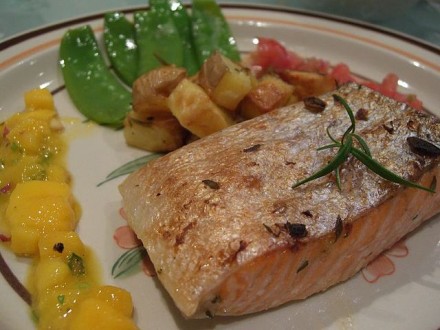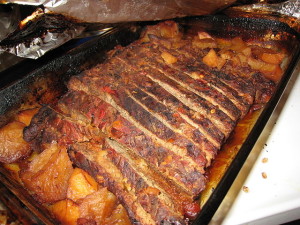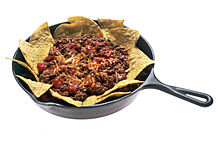Protein Rich Diet

Protein Rich Diet

lose fat
Most women perceive the foods rich in protein as fattening or being high in calories, but a protein rich diet will cost you more calories than veggies and fruits does. Additionally, proteins are not as portable as other foods.
The best sources of proteins including dairy, fish, meat and beans are not as convenient or quick as many carbs or fruits or even as veggies. Traditionally, most proteins sources are not usually grab and go and if they are, then they are usually fried or unhealthy.
This may help explain why over a third of women aged between 20 and 40 do not get their RDA of protein as the most recent data from the US Department of Agriculture shows. As a matter of fact, a growing number of nutritionists believes that most current dietary guidelines for the mighty macronutrient are very low.
Furthermore, a study conducted by Hopkins University showed that diets which included around 60% more lean proteins than the recommended 10%-15% reduce blood pressure, triglycerides and bad LDL cholesterol levels are better than the traditional high carbohydrates diets. Some other studies showed that high protein diets can help prevent obesity, diabetes and osteoporosis.
The power of high protein diet

nachos
You can easily reduce your waistline by eating larger amounts of proteins. To digest high protein diet, your body will do more work to digest; to metabolize and to utilize it and as a result you will end up burning more calories. The proteins will also take a longer time to leave your stomach and therefore you will remain fuller for a longer time. And the cumulative effects have many benefits for any person desiring to shed any amount of weight.
A study published in Nutrition Metabolism showed that dieters who increased the level of proteins in their diets to 30% ate 450 lower calories each day and also lost around 11 pounds in 12 weeks without employing any other dietary measure.
And if you are a person burning calories and also counting them, protein is essential in ensuring that you lose more fat and gain more muscle. Your body will use the amino acids in the protein to build more lean muscles which will make you stronger and also toned. It will also burn calories including when you are inactive.
The amounts of proteins you need
It’s important that you consume between 0.5 grams and 1.0 grams per every pound of your body weight – 70 to 140 grams per day for people weighing 140 pounds. Scale up or down based on your body weight. Skew on the high end if you are very active and on the lower end if you want to lose more weight. And if both apply to you, select an amount at the middle – roughly 130 grams from the example given. Try to get at least 30 grams of the proteins at breakfast; which equates to about 3 eggs and a bowl of oatmeal. Some of the best protein sources include hard boiled eggs, string cheese, protein powder, roasted soy nuts and jerky. Please check out my
weight loss book for more tips.
